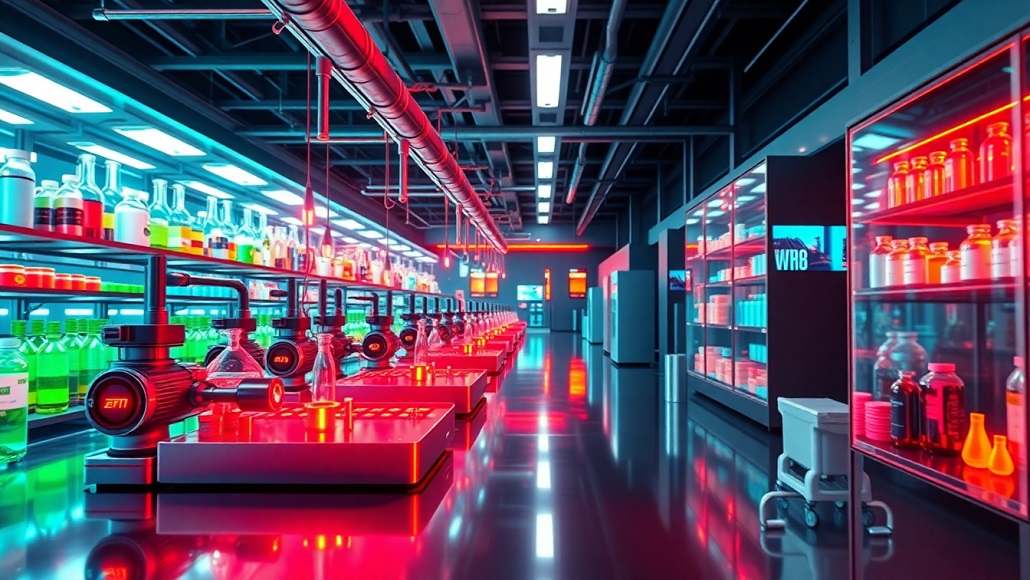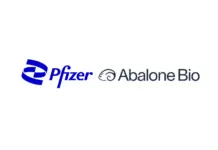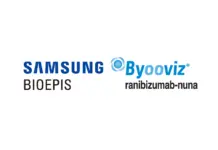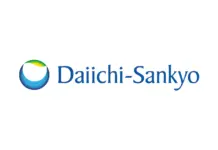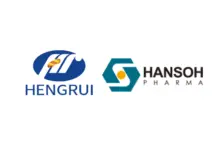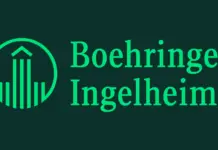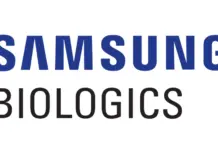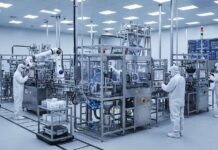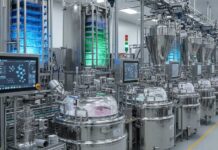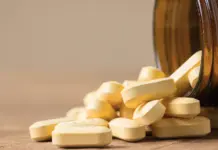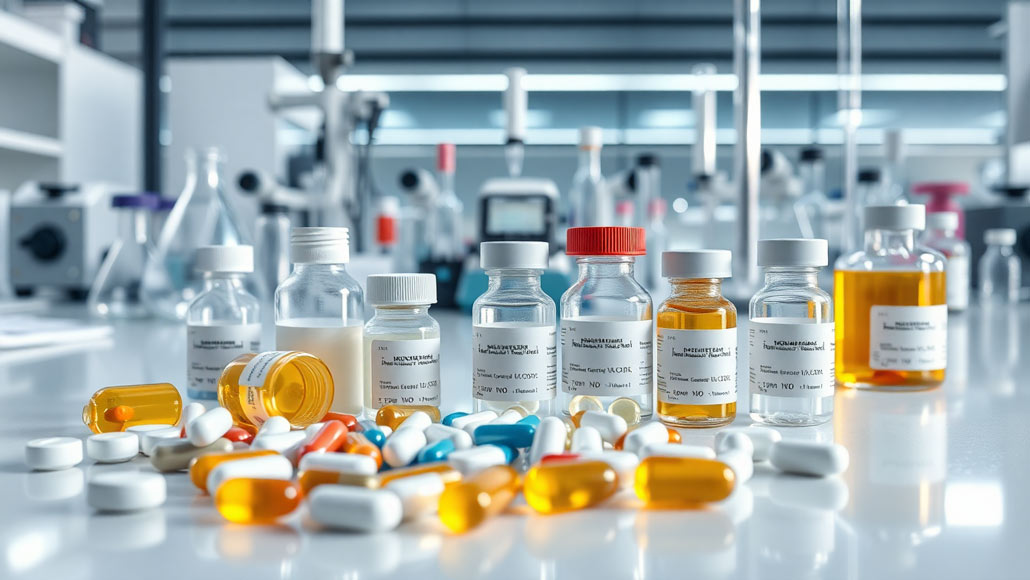US President Donald Trump has instructed the Department of Health and Human Services (HHS) to compile a list of essential medicines and ensure the stockpiling of the active pharmaceutical ingredients (APIs) necessary for their production.
The executive order will address around 26 medications considered “especially critical to the health and security interests of the nation” These drugs are to be included in the Strategic Active Pharmaceutical Ingredients Reserve (SAPIR), a program originally established during President Trump’s first term.
“Filling the SAPIR will insulate the United States from the concentration of foreign, sometimes adversary, nations in the world-wide supply of the key starting materials used to make APIs. the order states. Through these ingredients, the government seeks to wean the country away from foreign sources while ensuring continued access to critical treatments.
The order also highlights that “Moreover, Government purchases of APIs to fill the SAPIR can encourage more domestic production of APIs.”
SAPIR is managed by the Office of the Assistant Secretary for Preparedness and Response (ASPR) within HHS. When first implemented, SAPIR identified 86 medications critical for acute care that lacked suitable alternatives. The initial list included Pfizer/Bristol Myers Squibb’s Eliquis (apixaban), Gilead’s HIV treatment Biktarvy (bictegravir), and Amgen’s Neupogen (filgrastim).
Under the current executive order, ASPR has been instructed to produce a new, narrower list of critical drugs within 30 days. This review will explore how current funding can maintain a six-month stock of APIs, with emphasis on domestic manufacturing sources to strengthen US Pharma Supply Chain.
This move is part of a larger US policy to increase domestic pharmaceutical production and manufacturing and boost the US Pharma Supply Chain. It is supplemented by efforts like the FDA PreCheck program that expedites approval for companies building new US plants. Just 11 percent of APIs are now manufactured in the US, but with AbbVie and Lilly committing fresh investment and following the tariff plans, this proportion is set to increase over next few years.







